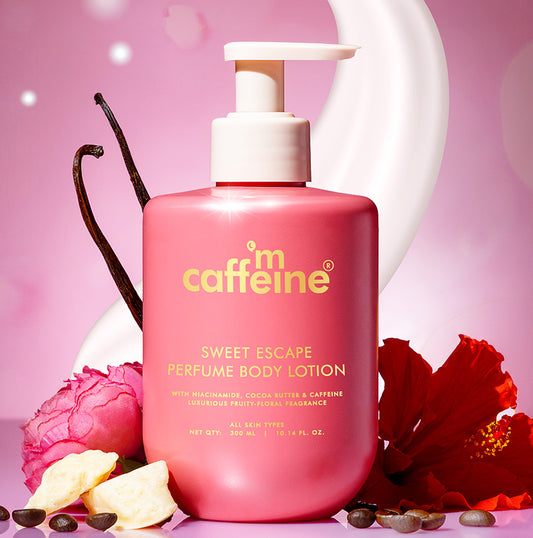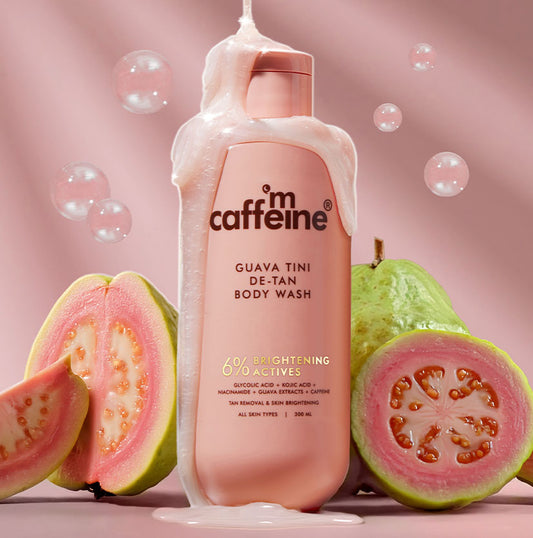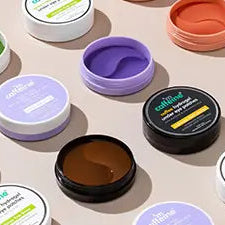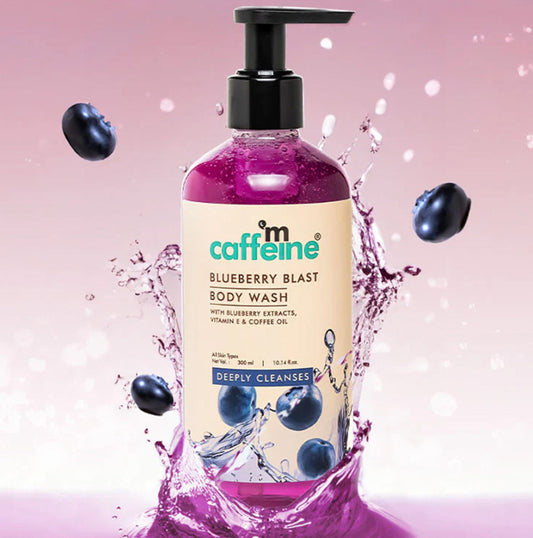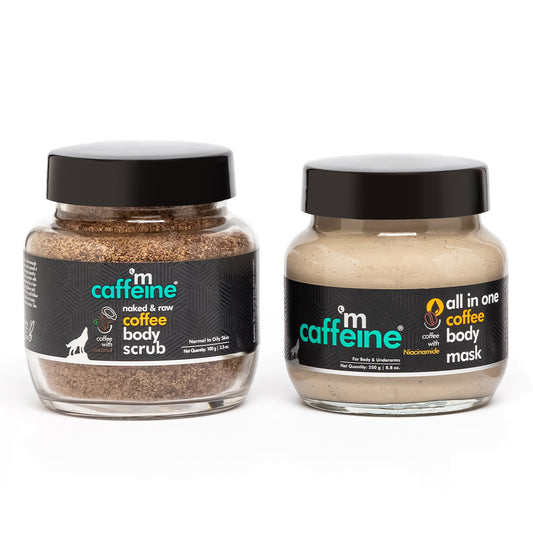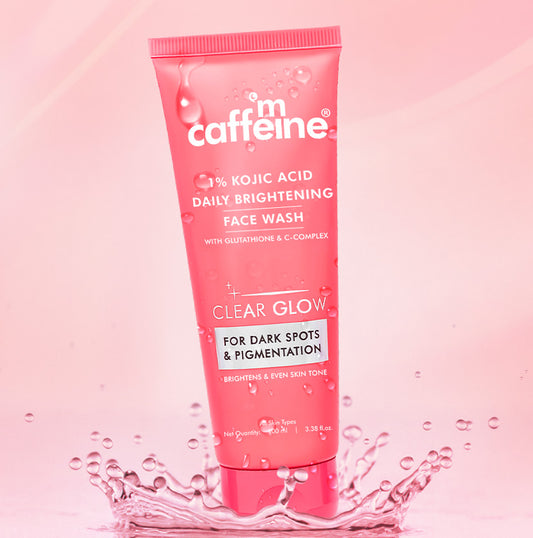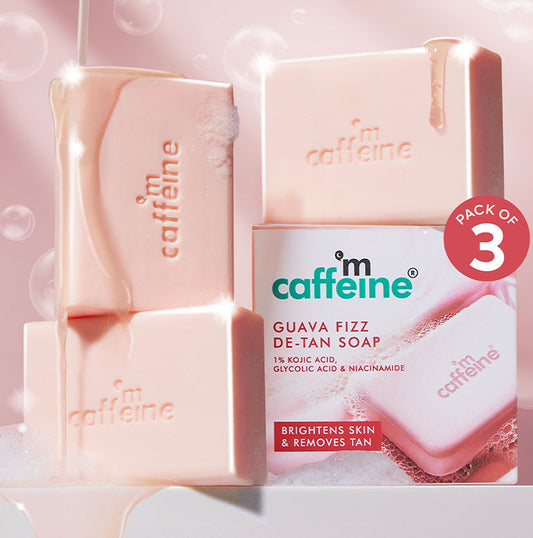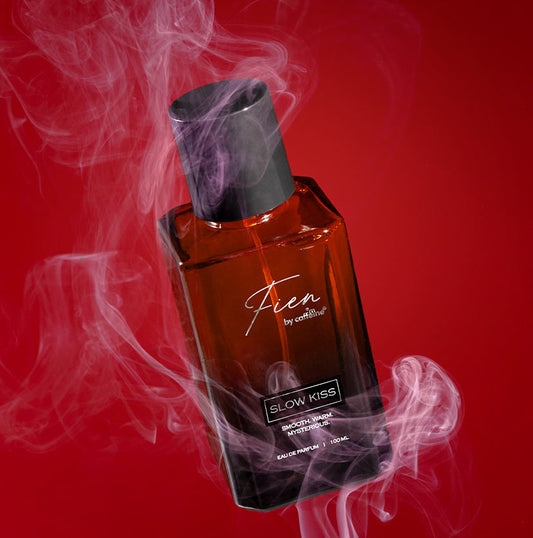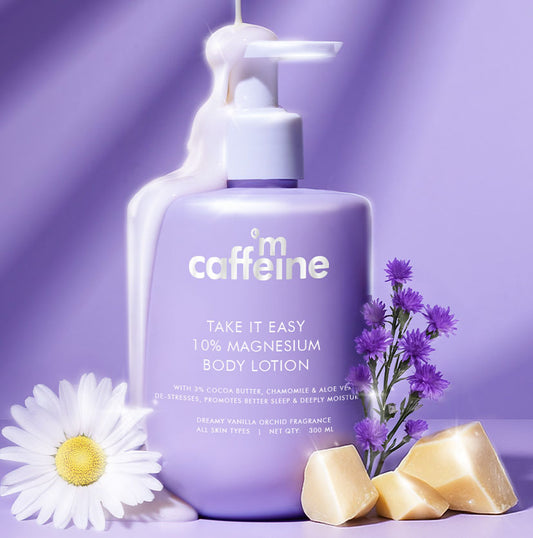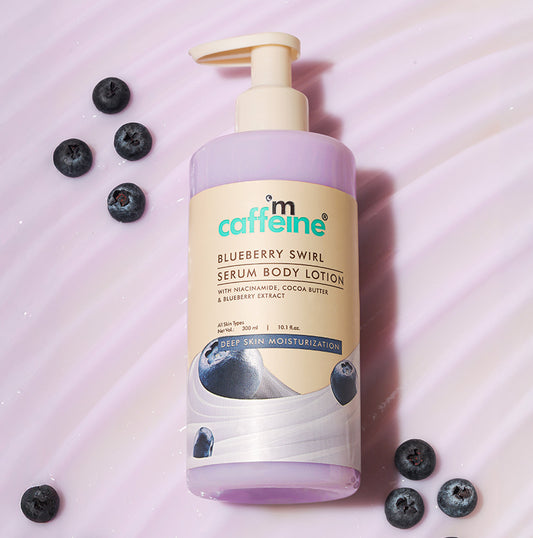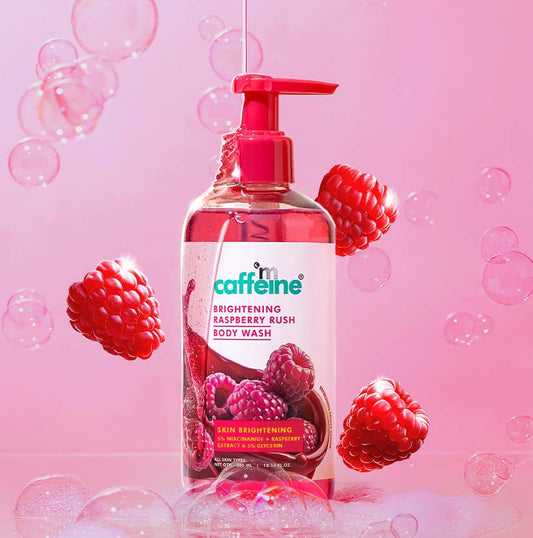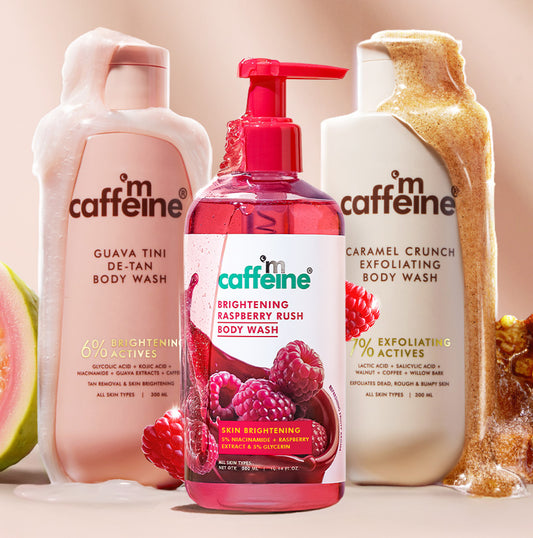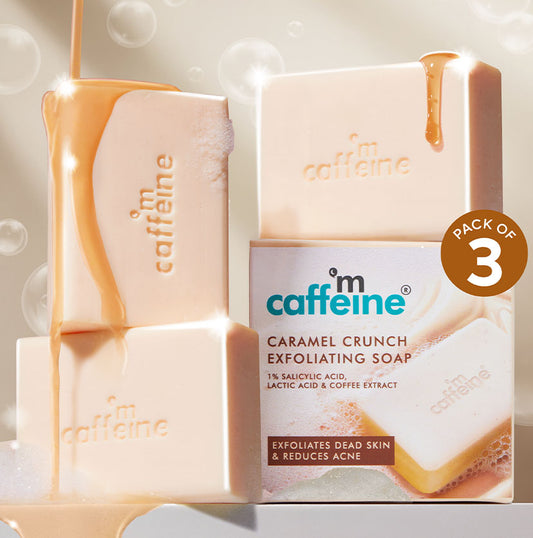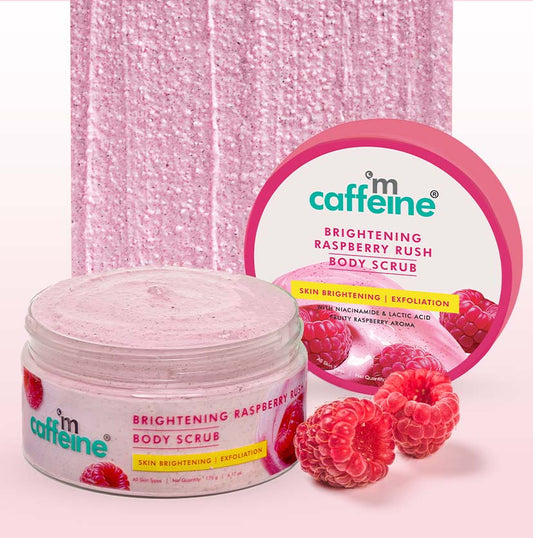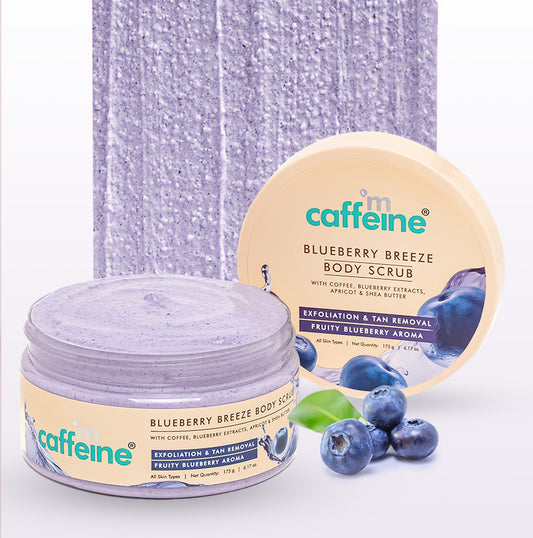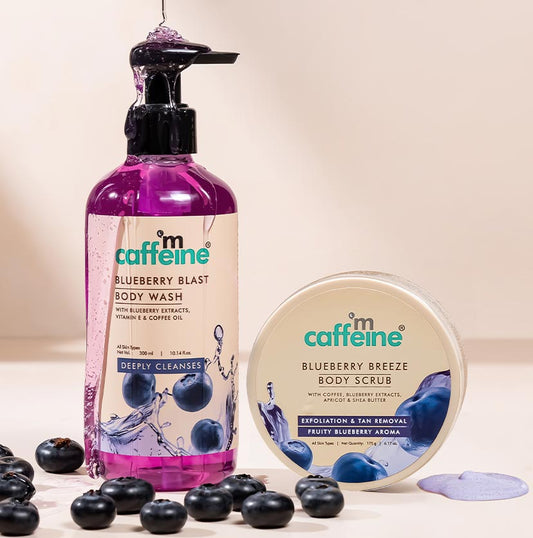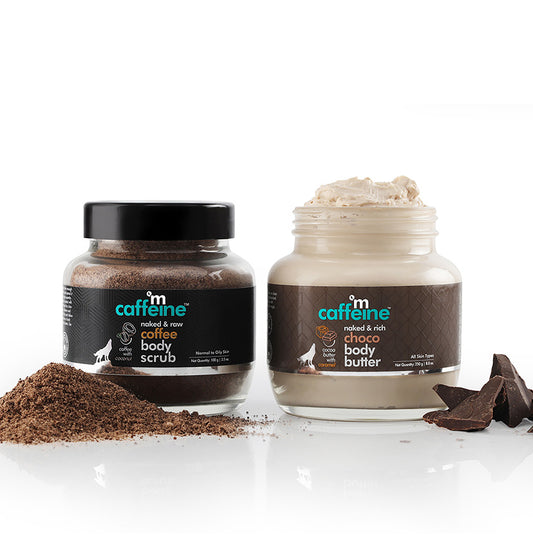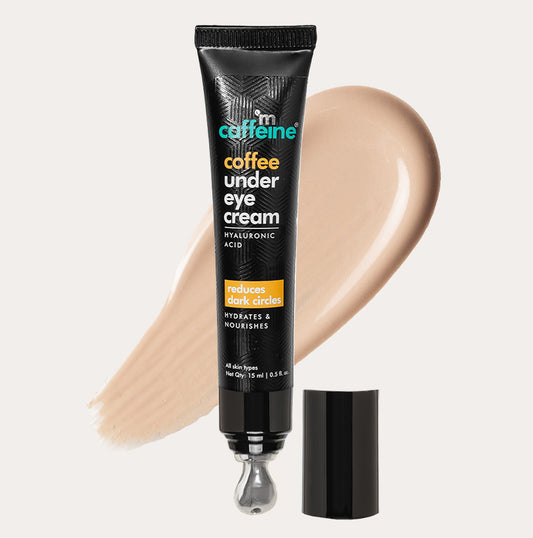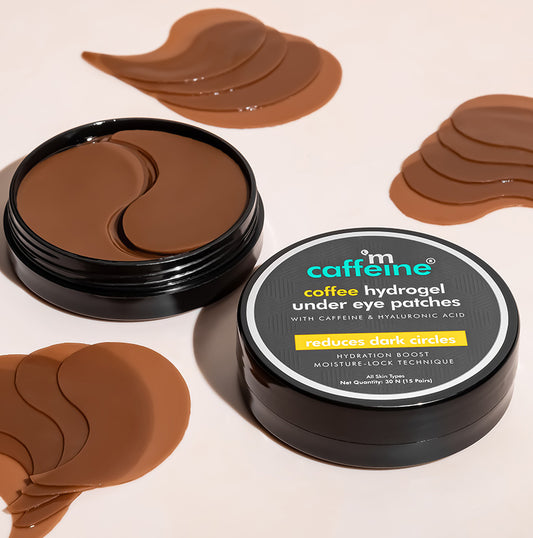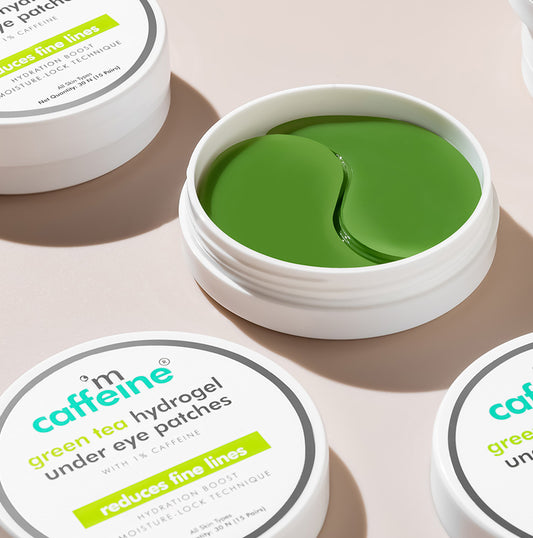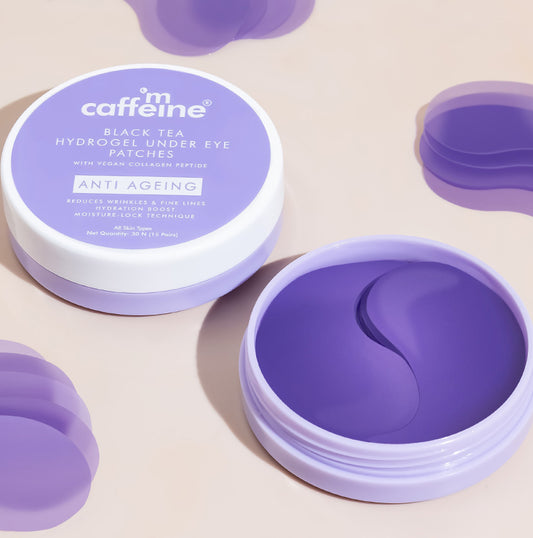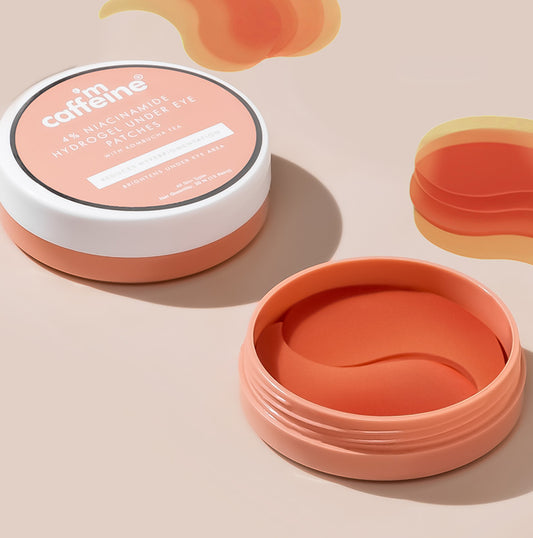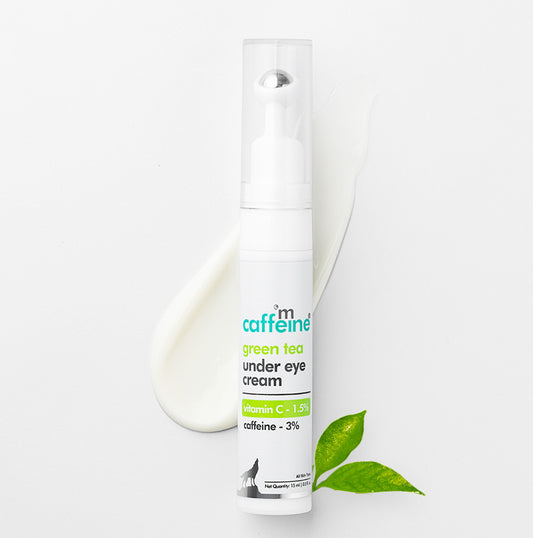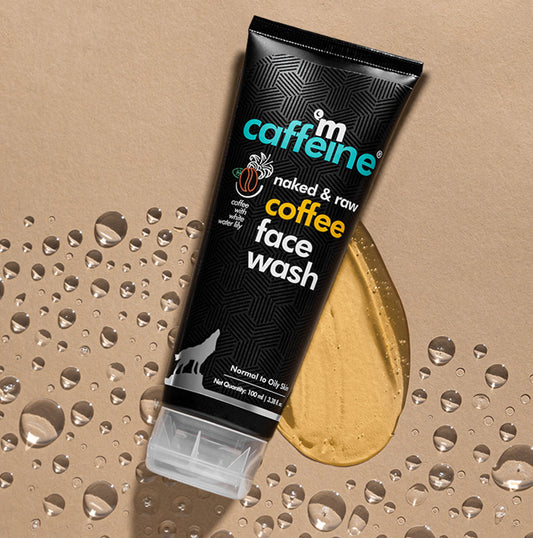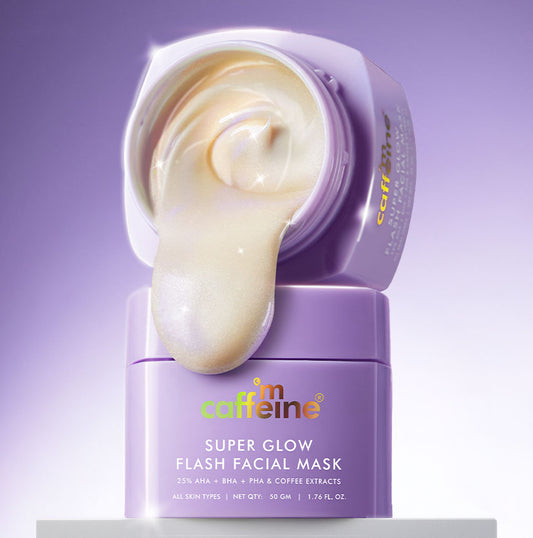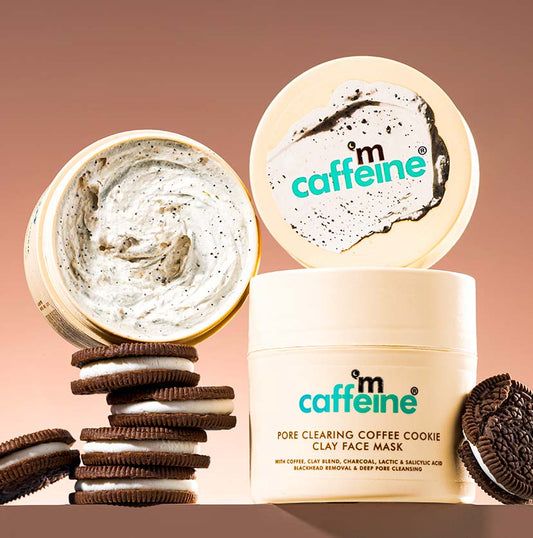How to avoid hair fall in monsoon
20 Sep 2021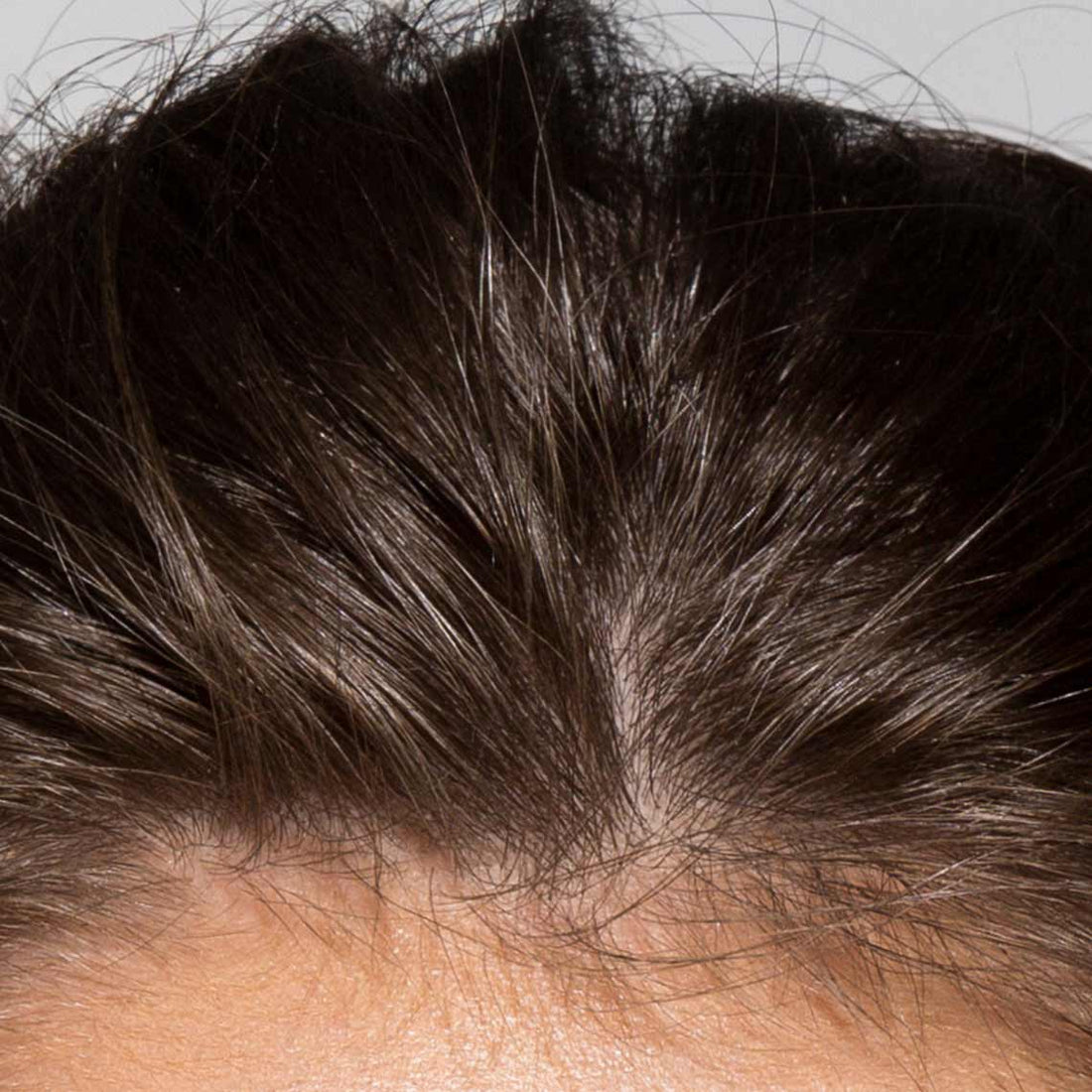
The cool, breezy wind...the warm smell of fried snacks filling up our homes and hearts...and, the endless spells of rain, are all around the corner. As much as the rainy season might be our favourite, there is one thing about it which dampens all our plans of having a great hair day, everyday- HAIR FALL IN MONSOON!
It is a very common problem among both men and women, but why exactly does it happen? And what are some ways through which you can give your locks the ultimate hair care in monsoon? Read on!
Why does hair fall increase in monsoon?
Monsoons bring with them a rise in the humidity, or moisture, levels in the atmosphere. This causes our hair to absorb moisture and swell up, thus making the brittle and frizzy hairs vulnerable to easy breakage. Humidity also robs the scalp of its natural oils, again leading to a drier scalp and weaker roots. In fact, scalp hair is at its weakest during this time. Many estimates also show that hair fall in monsoon is more prominent and persistent. On a normal day, it is common to experience hair fall of about 50-60 hairs per day; during monsoons, this number can increase to up to 250 or more.
Furthermore, rainwater is dirty and acidic (pH -5.6) also due to increased air pollution, and this casts a corrosive effect upon our scalp, hair roots/follicles and along the hair length, again increasing hair-shedding.
Another big reason is the difficulty in keeping hair dry- the moisture in the scalp weakens the hair-follicle strength, causing hairs strands to appear dead and dull, get tangled up, and eventually fall off.
Not just hair fall, other concerns also crop-up alongside, which make it inexcusable to do intensive hair care in monsoon. Dandruff becomes an added worry. Generally, it is caused when the malassezia yeast overgrows and starts attacking scalp cells at a high rate, forming sticky patches and causing itchiness. But for many people, it definitely accentuates during monsoons, because increased humidity and hot air can cause you to sweat on your scalp, which equals excess oil production and thus leads to dandruff.
Due to all this stickiness, grease, and all the above problems co-existing in your hair-world, various fungi and bacteria find a homely breeding ground to multiply in, and cause itchiness, flaking, and redness on your scalp.
How to control hair fall in monsoon?
Sigh! Is there anything you can do to prevent your beautiful locks from breaking away? See the following tips below, and learn how to do hair care in rainy season just the right way to beat the hair fall blues!
- Protect your hair from rain by using a rain coat, or a windcheater with a good head cover protection. Keep your hair oiled also before going out, and immediately shampoo-&-condition your hair if a wet spell catches you off-guard.
- Wash your hair more frequently during this season with lukewarm water and mild formulas, such as those in herbal shampoos and conditioners, that will keep your hair clean, will help you strengthen your hair follicles, and prevent damage from harsh chemicals.
- People with sensitive skin or atopic skin often get scalp allergies as a consequence of the epidermis coming into contact with allergens (fungi, bacteria, dust particles). So, avoid sharing combs to avoid fungal infection.
- Dandruff can be hard to combat with popular hair products at times, so go for a medicated shampoo, but also take the doctor’s advice.
- Use a brush only when you need to blow dry wet hair, or else let them air-dry mostly. Use a wide-toothed comb to avoid damaging your hair. Also, do not strongly comb wet or frizzy hair; gently untangle them with your fingers first.
- Oil it up! Take a warm oil massage twice a week, which will both nourish your scalp and increase blood circulation, keeping your hair healthy and shiny. Let the oil sit in the hair for 2-3 hours and then wash with a mild shampoo.
So which hair oil can you pick?- there are options aplenty! Almond hair oil contains a high amount of vitamin E which is essential in strengthening hair follicles. Then, tea tree oil has anti-bacterial and anti-inflammatory properties that help in keeping your hair hygienic and dry. Also, applying coconut oil 15 minutes before shampoo helps in preconditioning your hair, adding further to hair protection. - Eat healthy. Add protein-rich foods like fish, eggs, walnuts, cheese and pulses to your diet. In addition, fruits and leafy vegetables rich in antioxidants also help in making your hair and scalp skin healthier. Cut down on caffeine consumption as it dehydrates the scalp. Instead, drink 8-12 glasses of water every day. Include sprouts in your everyday diet, which will supply iron, potassium and vitamin-E to your hair.
- Some good DIY-remedies can make for great organic hair care in monsoon. Here are some:
- Apply lemon juice on the scalp, leave it for 15 minutes, and rinse it with lukewarm water. The result?- soft, shiny and healthy hair. - You can also use onion juice (30 minutes), rice water (20 minutes), and curd (30 minutes) on your hair too to limit hair fall and stimulate natural hair growth.
- Mix olive oil with honey and cinnamon powder, apply on your scalp and let sit for 40 minutes. Rinse with warm water, and shampoo and condition normally. Repeat once a week for stronger hair.
Finally, saving yourself from hair fall in monsoon can be a task, but make sure you routinely follow all the above precautions, and you are all set to both enjoying monsoon showers AND keeping your hair healthy, strong and nourished!







